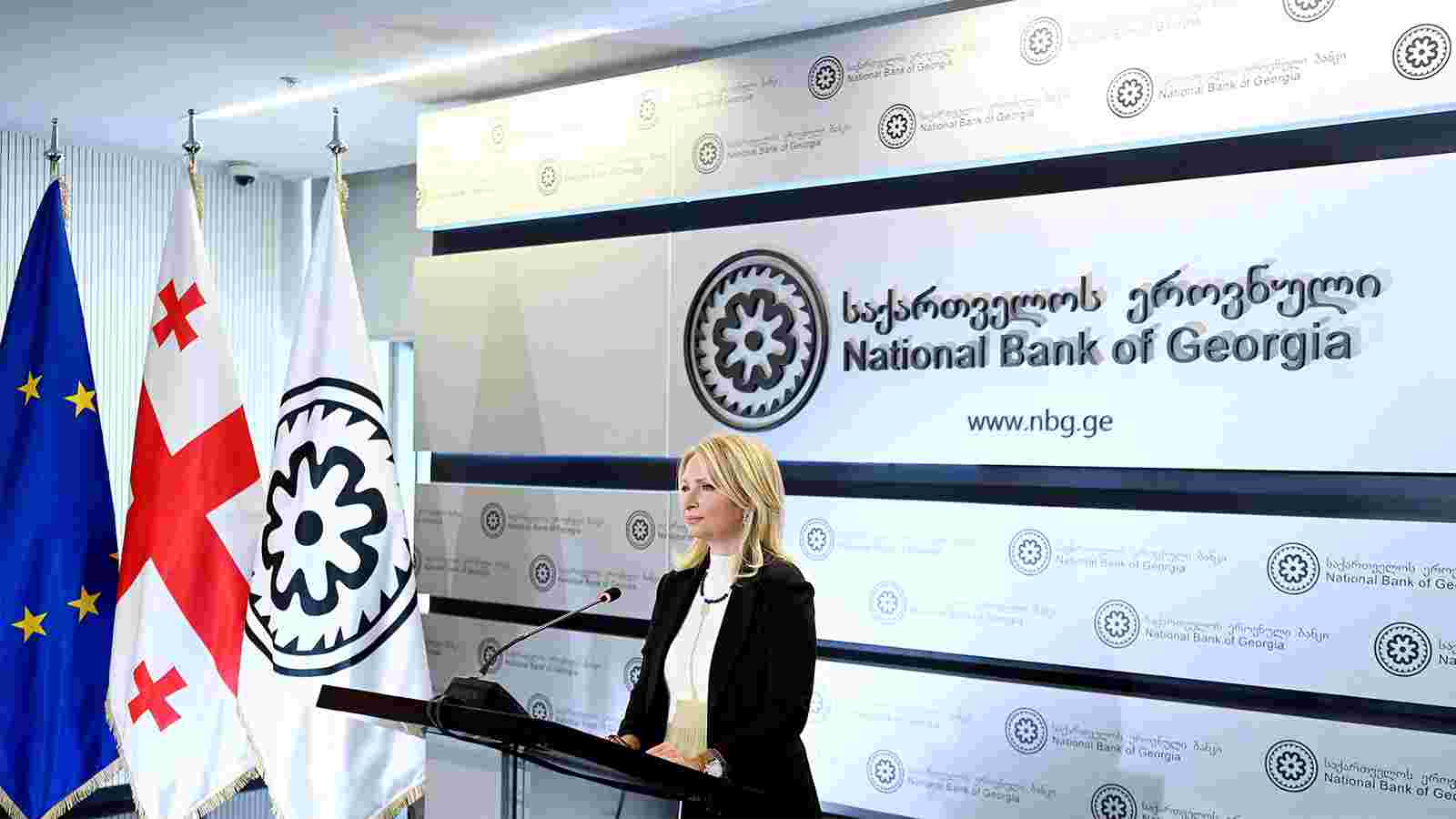
Financial Stability Committee’s Decision
The NBG publishes the 2023 Financial Stability Report. It presents an assessment of vulnerabilities and risks in the financial system with a focus on the medium and long-term, structural features of the financial sector and the Georgian economy that are of importance for financial stability. It also analyses the resilience of the domestic financial system. In addition, the report reviews measures implemented by the NBG to ensure financial stability and assesses their impact. In particular, macroprudential measures, focused on the financial system as a whole, and microprudential measures, which strengthen the position of individual financial institutions, are reviewed in detail.
The financial sector remains resilient and continues smooth lending to the economy. As of August 2023, banks maintain healthy capital and liquidity indicators. Compared to last year, the quality of assets has also improved. In the current period, credit activity is at a sustainable level, meaning that it is in line with the potential growth of GDP and the inflation target. In August 2023, the annual growth of credit portfolio, excluding the exchange rate effect, amounted to 14.6%. In the past two years, the growth of Credit-to-GDP ratio has been decreasing, which reflects the impact of high economic growth and exchange rate appreciation. Consequently, in the second quarter of 2023, Credit-to-GDP ratio remains below its long-run trend. According to the Committee’s assessment, if the existing tendency of credit activity and economic growth continues, the Credit-to-GDP ratio is expected to approach its long-term trend in 2024. Therefore, at the current stage, there is no need to change the countercyclical capital buffer compared to the existing level.
In accordance with the credit activity and the declared policy, the NBG increases the maximum maturity of unsecured consumer loans to 4 years. Considering that the high growth rate of unsecured consumer loans recorded in 2022 has declined, and the credit activity remains at a sustainable level, the maximum maturity for this type of loans will again increase from 3 years to 4 years starting from November 1 of this year. NBG will continue monitoring the trends in consumer loans, as healthy credit standards in this segment are an important prerequisite for household debt stability.
The NBG actively continues to work to reduce the structural risks caused by the high level of financial dollarization. With measures implemented by the NBG, the dollarization has decreased significantly, although, dollarization and related structural risks remain one of the main challenges for the financial sector. Foreign-currency denominated loans, that are mostly floating interest rate loans, are accompanied by interest and exchange rate risks. The latter is particularly noteworthy given the high share of unhedged borrowers in foreign currency loans and the increased volatility of the regional currencies’ exchange rates. In order to mitigate the risks caused by dollarization, the NBG imposes an additional requirement on the regulated financial institutions. Starting from January 1, 2024, they can issue a new foreign currency loan to individuals whose total debt is up to 300,000 GEL only under hedged currency risk conditions.
In addition, to mitigate the structural risks caused by dollarization, the NBG, in cooperation with the banking sector, is actively working on a long-term plan. When implementing further changes, the factors like the possible impact on credit activity and the importance of access to finances will continue to be taken into account.
The NBG continues monitoring the country’s financial stability and assessing domestic and foreign risks. If necessary, it will use all available instruments to minimize the possible risks.
The Financial Stability Committee’s next meeting will be held on November 29, 2023.